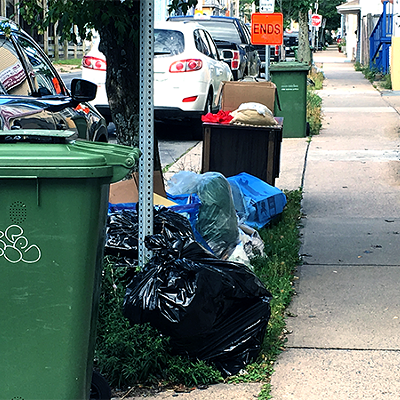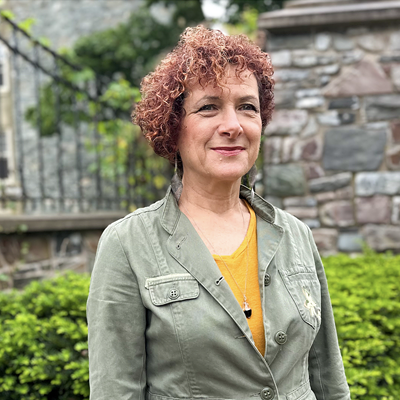When it comes to sex, your body is kind of like a car. A very powerful car that can take you to a lot of amazing places. When you were just old enough to think about driving that car, you were taught the parameters of how it works: this is how the engine works, touching the horn makes this happen. Oh, and please drive safely. Have a nice day.
What happens if you get into an accident? What if something is wrong with your car but you don't what? How do you maintain it? There are places you can go for a tune-up and diagnostic. And they're pretty good about making sure you understand how to keep your oil in check and your spark-plugs in good order.
To do so, you can go to your choice of mechanic: family doctor, or a campus or walk-in clinic. But some people don't feel comfortable taking their cars to a mechanic that doesn't deal with lugnuts and mufflers on a constant basis. For that there is the STD Clinic in the Dickson Building (5780 University Avenue, fifth floor) which operates Mondays and Thursdays. There is also the Halifax Sexual Health Centre in Suite 201 at 6009 Quinpool Road. The clinic and its staff specialize in sexual health so you know you're talking to someone who deals with these issues on a daily basis.
Another thing the clinic offers is time. "It's important to note that other docs are time crunched," says John Britton, the executive director of the HSHC. "But here we have opportunities for questions. Not everyone has a family doctor, so we provide a space for people to take the time and ask the questions they want answers to."
So why should you go in for a tune-up if your car is still purring like a kitten? Britton puts it plainly: Have sex? Get tested. "The first thing is, not all STIs are symptomatic," he says. "According to Public Health stats, 70 percent of women with chlamydia don't present symptoms and 50 percent of men don't." But Britton isn't interested in scaring people with statistics. It's about getting them to look at their sexual health in the same way that they look at their overall health. "People get routine checks for cholesterol and such, and we want people to think of their sexual health in those terms."
Taking care of your sexual health isn't just about making sure that all your parts are working correctly. There is an emotional part to it as well.
"We offer all kinds of education about all aspects of sex and sexuality," says Emma Rose, a registered nurse and coordinator at the HSHC. She believes that it's important for people to feel like they can ask questions about their sexuality, questions they may not have been able to ask before. "Usually in a public school setting, sex education is one person in front of a large group of people," says Rose. "A lot of times people don't want to ask personal questions in front of a group. Here, they can freely ask questions in a one-on-one setting." Both Rose and Britton want to make it clear that they have a positive stance when it comes to sexual education in schools, but note that it is a broad stroke approach to sexual health. "As people start to develop their own sexual identity, they may have questions that broadstroke sex ed may not answer," says Britton.
The HSHC and the STI clinic at the Dickson are trying to offer more sex-positive spaces for people to access. But it's a tough slog. "People still don't want to talk about sex," says Britton. "Whether it's a young woman who had unprotected sex and is worried about unplanned pregnancy, or someone who had unprotected sex and is worried about exposure to an STI, feeling shame should not be a part of it. I'd like to see people not have that shame when it comes to their bodies or their sexualities."















